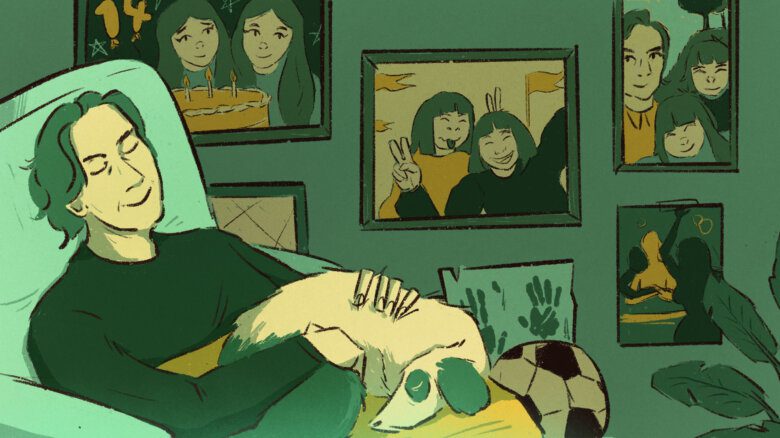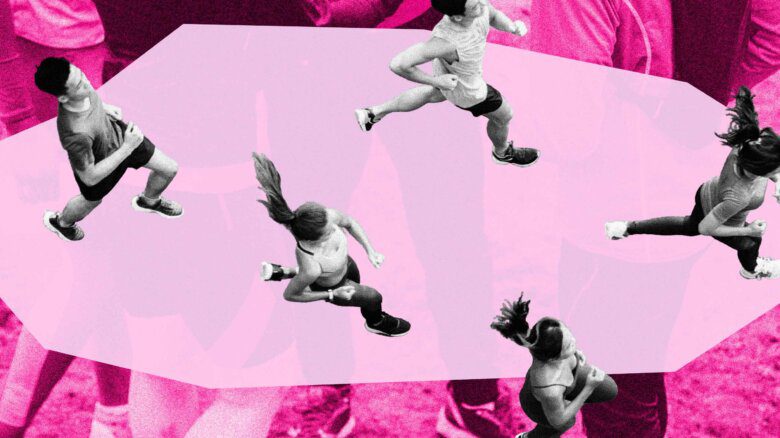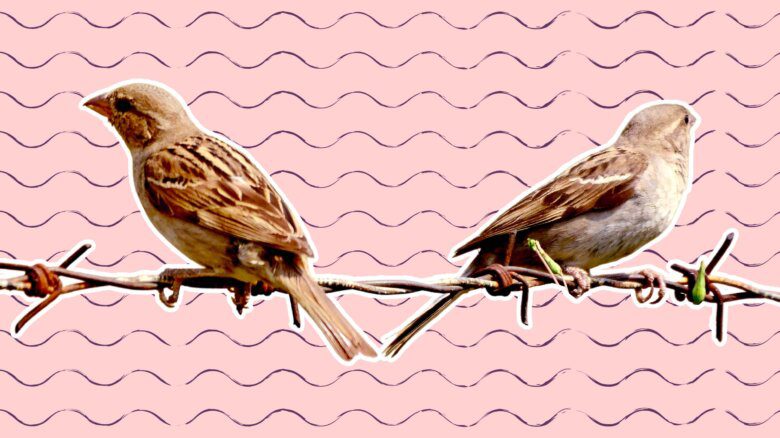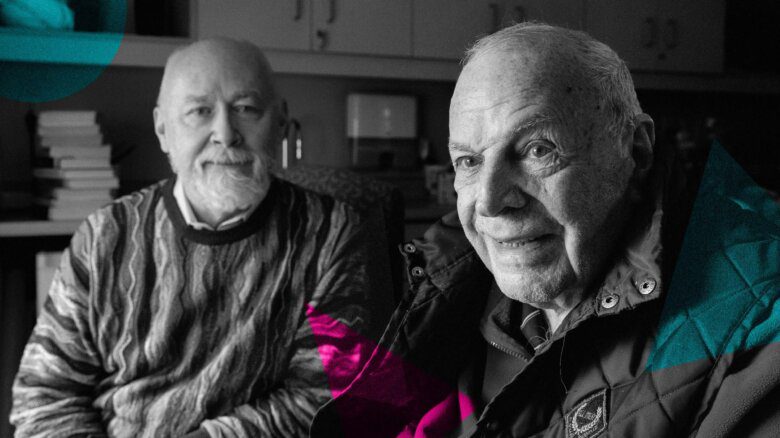Having kids as a queer person is seen by some as a radical act, while others view it as a step toward heteronormativity. This question came up in a series of conversations I had recently with other queer folks. Many of them shared the view that, in today’s political climate, choosing to be child-free is a radical stance. As a queer and trans parent, I can understand where they’re coming from.
Being openly queer or trans has historically required the rejection of expectations around what a “normal” life should look like. Living out and proud has often meant rejection from normative career paths and exclusion from legal marriage. Put another way, coming out has often meant wilful rejection of (re)productivity. This has shaped how LGBTQ2S+ people approach our partnerships, domestic life and child-rearing.
Our lives and relationships have rarely been state-sanctioned or socially accepted. Institutional homophobia didn’t just make queer life difficult—until 1969, our love was illegal in Canada. Community spaces, particularly those centred around cruising, sex and queer connection, have and continue to be heavily policed and demonized. As a result, many LGBTQ2S+ people have been forced to reconsider what it really means to love and care for one another. There are numerous examples of queer people holding weddings and commitment ceremonies, long before gay marriage was legalized. Queer and trans folks have also led the fight for ethical non-monogamy, creating our own relational networks rooted in chosen family and queer kinship. And, of course, LGBTQ2S+ people have raised children, be they biologically their own or informally adopted.
In light of this history, it makes sense that some queer and trans people today view being child-free as a radical stance—an active resistance to the pressure to conform to a heteronormative script of what life and love is “supposed” to look like. And it is! At the same time, others have argued that the protection and recognition of our partnerships and parenting networks remains a necessary struggle that continues to this day. This split perspective reflects a long-standing divide within our communities.
The long-standing divide
The “inclusion” camp has organized in favour of things like marriage equality and the right for same-sex parents to share legal custody of their children. This group frequently argues that being LGBTQ2S+ should be seen as “normal.” They have worked to move the window of what is seen as acceptable, to the point that overt homophobia and transphobia have largely become not only socially taboo but institutionally punishable in some settings. These gains remain under constant attack and cannot be taken lightly. In the U.S., U.K. and Canada, conservative politicians continue to target LGBTQ2S+ people through attacks on the legality of our partnerships, restrictions on our representation in mainstream media and legislation designed to punish us for the crime of existing in public.
These right-wing attacks are hardly a surprise for those queer and trans folks who have always known that our liberation will not come at the hands of the state. Self-described “liberationists” have long critiqued moves toward “gay equality” and the aspiration for living a “normal life” as furthering our own systemic oppression. Instead, we need to queerly reimagine alternative ways of living and loving. Members of this camp have led the fight for an end to policing, the dismantling of capitalism, decolonialization and the establishment of systems rooted in mutual aid and transformative justice. They reject the idea that biological family and monogamous, state-sanctioned marriages are the only legitimate forms of relationships and champion radical reimaginings of gender, kinship and care. This group argues against the slim gains made by respectability politics, insisting that queer and trans people should not have to be palatable, professional or profitable to be recognized as human.
Both movements have played a crucial role in changing the material conditions of LGBTQ2S+ people’s lives. In my own lifetime, I’ve witnessed the legalization of same-sex marriage in Canada, improved access to mainstream careers (teachers, for example, can no longer be fired for being gay) expanded access to gender-affirming healthcare—including the right to our own bodily autonomy—and the legal right to claim our children as our own, no matter our biological relationship. As a trans man married to a cis man, and as a member of a three-parent family, these gains have shaped the trajectory of my life and my family.
At the same time, I remain acutely aware of the injustice that my way of living ever required state approval. As a Canadian, I’m watching the U.S. and U.K. and see just how quickly that approval can be rescinded. I have also seen how institutions—at home and abroad—continue to target and harm LGBTQ2S+ people, particularly queer and trans people of colour. Real liberation means not only winning legal rights, but questioning the very institutions that grant or withhold them. It means challenging the idea that the state should determine who gets to parent, or that safety can only come through policing. True safety must be rooted in addressing core social issues like isolation, lack of healthcare and poverty.
Given these tensions—between normalizing queerness vs. liberation from the normative—I can understand why many queer and trans folks may view being child-free as a radical act.
Looking to history
The truth is, these movements have a lot more in common than we sometimes realize. Most of us occupy multiple perspectives and positions on these topics. I can criticize the idea that a two-person, state-sanctioned marriage is the only “legitimate” adult relationship, while also choosing to marry my longtime partner. Our wedding not only celebrated our love but was also a strategic decision; should our co-parenting agreement no longer be recognized as valid, I would retain some rights to our children as my partner’s legal spouse.
The political gains won by LGBTQ2S+ people over the last few decades have also broken down the queer parenting debate in a new way. While coming out was previously synonymous with announcing you’d never be married, have children or work a mainstream job, now we may be told by straight friends and family members, “Well sure, you’re gay, but you can still get married, have kids and be a productive member of society.” We are encouraged to enact a “normal” life path, that just so happens to be gay. A new status quo that also remains highly tentative amidst the rise of the alt-right and anti-trans pushback.
The queer and trans folks who wilfully reject marriage and/or children are carrying on a long-standing tradition of questioning the normative and instead choosing to embrace their own path toward love, joy and fulfillment. That said, I would also point out that LGBTQ2S+ parents have also always existed. Lesbian women, in particular, have a long history of co-parenting; many LGBTQ2S+ people have also fought for the right to foster and adopt children; trans people continue to fight for our recognition of our ability to have children, resist forced sterilization and have greater access to quality fertility care; I personally know many Two-Spirit people who are working to reclaim Indigenous parenting practices and kinship systems.
I am humbled by the struggles of the queer and trans folks who came before me who made my own path to parenting possible. It was only 50 years ago that a Canadian court granted custody to an openly lesbian mother, saying that “the child’s chances of becoming a homosexual would not increase solely by being raised by a homosexual parent.” I was already a child myself when, in 1995, Ontario became the first province to legalize same-sex adoption. And I was fully an adult when, in 2013, Ontario also became the first province to legally recognize up to four parents on a birth certificate, and Quebec appears to now be following suit.
I live in Ontario, which means myself, my husband and our co-parent can openly cohabitate as legal co-parents to our children. It is not lost on us that we are among the first generation of queer and trans people who have this privilege. At the same time, I can recognize that the state should not be the sole arbiter of who is or is not a legitimate parent. Even if I were not listed as my children’s father, that is still who I would be. I am a parent because of my daily acts of care, love and responsibility. And in that practice, there is also something quite radical about choosing to make our own families and parenting queerly.
The queerer the better
Parenting queerly means more than just being a queer or trans parent. It means approaching parenting through a lens shaped by queerness: questioning inherited norms, embracing fluidity and building networks of care that extend beyond the nuclear family. As a parent, I actively work to question the norms of my own childhood and be more intentional about what values I want to pass on to my own children. Practising Gender Creative Parenting, for example, has made me realize how much I have yet to deconstruct around gender and identity, challenging me to reimagine what our relationships to expression and identity might look like if we started out from a place beyond the binary.
Operating as part of a queer parenting collective has also helped me radically reimagine what kind of relationships are possible and provided me with new opportunities to work toward a more liberated world. Lessons from living and loving within LGBTQ2S+ communities further inform how I approach my relationship to myself, my co-parents and my children. While being child-free is an important part of queer and trans history (and there are some spaces that just should not be for kids), I also wonder about all the queer and trans families who have been systematically excluded from our spaces and events. Parenting has also made me realize how few of our spaces are child-friendly. I have a new awareness of structural inaccessibility, as I now frequently navigate the world with a stroller, which re-emphasizes to me how much our liberation is interconnected; if we make spaces more accessible for parents with strollers, disabled people with mobility aids also benefit and vice versa.
Becoming a parent has also transformed my chosen family. Best friends and old roommates, creative collaborators and metamours—people from all different parts of my life—have stepped into the roles of aunties and uncles, ankies or baji. And to my children, this is simply their family. Biological relationship is more of an interesting detail rather than fundamental bond. This, more than anything, has challenged me to reconsider this question about the value of “normal.” Our own understanding of normativity has been shaped by a lifetime of violent indoctrination into white, cis-hetero patriarchy. It is hard to imagine what might “normal” look like to children raised in a radically queer environment, whose first lessons about love and belonging came not from hierarchy or legality, but from consent, care and chosen kinship.
Queer and trans people have always found ways to make family, to resist erasure and to dream of something more. Rather than debating the value of being child-free or parenting queerly, what would it look like to support one another in crafting lives that co-create liberation and resist conformity? In a world that continues to regulate who can love, who can parent and who is seen as fully human, both paths—and all the ones in between—can be acts of resistance, care and imagination.
Perhaps the most radical act isn’t rejecting the idea of normativity entirely but harnessing our human capacity to write and rewrite our own social scripts and value systems to cultivate a queerer world that all of us might share.
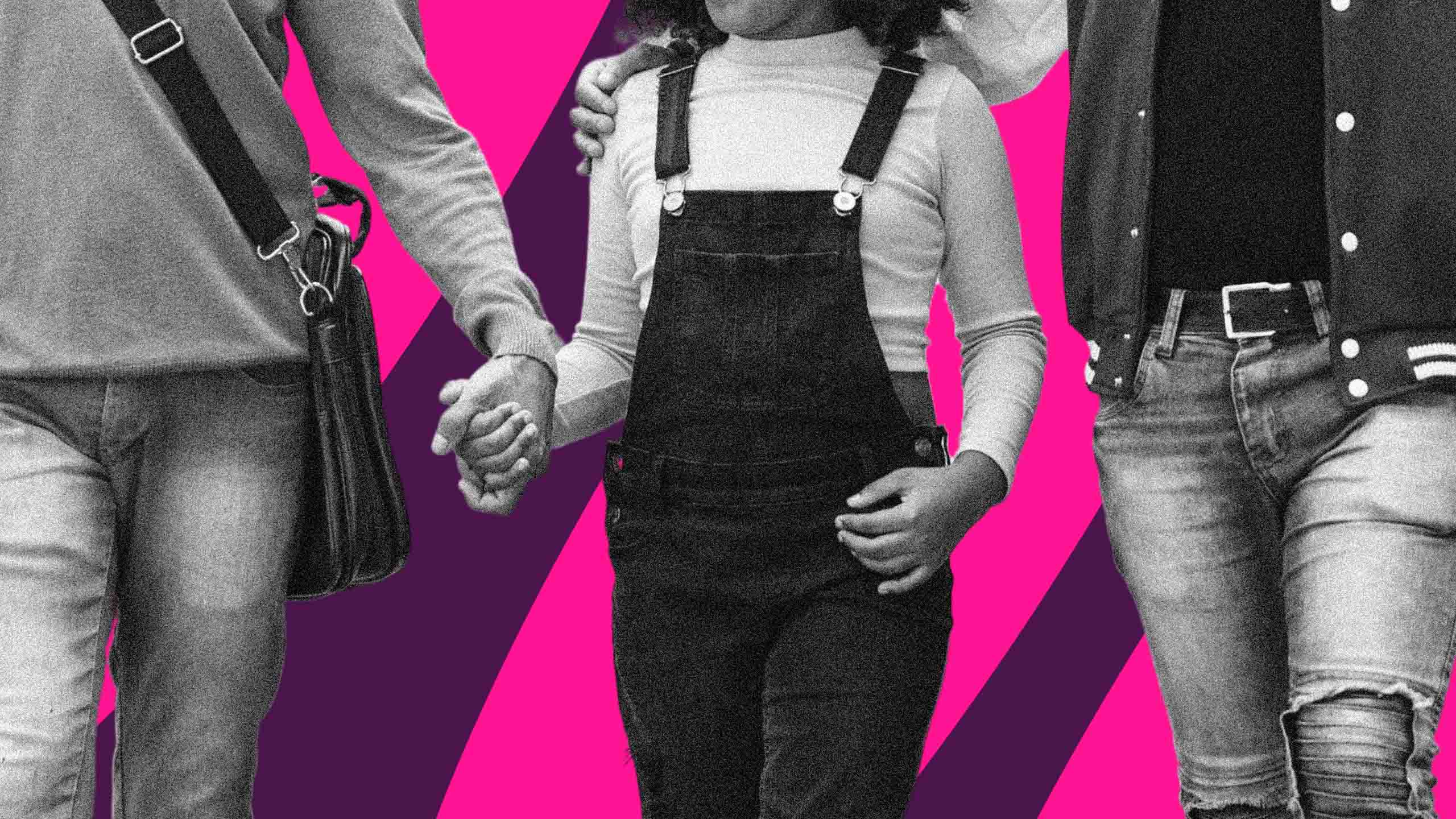
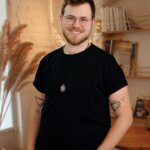
 Why you can trust Xtra
Why you can trust Xtra